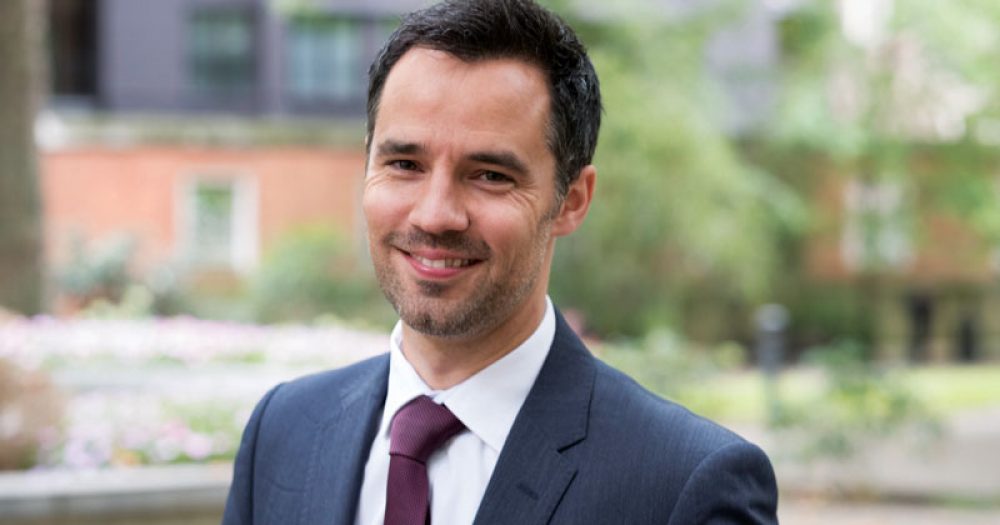Ministers are under pressure from their own supporters to bring forward reforms to school funding as soon as possible, as schools prepare to receive a promised cash injection from the government.
At the Conservative Party conference, party activists spoke of the need for a fairer funding system to complement the additional £7.1 billion in funding announced by education secretary Gavin Williamson last month.
Government plans to introduce a national funding formula, meant to address historic underfunding in some parts of England, have repeatedly stalled because of political issues.
The matter was first consulted-on around three years ago, and although money is now distributed to councils based on the formula, ministers have still not set a firm date for the formula’s full implementation.
Speaking at a fringe event at the Manchester conference, Mark Lehain, a prominent Conservative activist who heads the lobbying group Parents and Teachers for Excellence, said his party must make legislating to implement the hard formula a priority if it is returned to power in an election.
“I think one of the first things the new Conservative government needs to do, on the other side of a general election if they get in, is to pass a national funding formula act so that kids in Bedford get funded the same as kids in Bradford,” he said, describing the issue as a “massive inequality”.
The original plans to redistribute cash meant that 9,045 schools would lose funding so that 10,653 could get more.
But this was soon abandoned. In 2017, Justine Greening, then education secretary, found £1.3 billion to ensure all schools would be guaranteed, on average, a 0.5 per cent per-pupil cash increase until 2020.
Steve Mastin, a history teacher and the former chair of the Conservative Education Society (CES), told another fringe that a new funding system was desperately needed, but called for a return to the “fair funding formula” proposed in 2016.
“If we want levelling up, that doesn’t simply mean spending more money and bringing us up to the same level. It may mean bringing some schools that have enjoyed historic over-funding to a more equitable level. That’s a serious conversation to have.”
John Bald, Mastin’s successor at the CES, questioned the rationale for the “very, very severe cuts” implemented by his party, which he said had been “more severe than they needed to be to meet the demands of austerity”.
He particularly questioned the “excessive cuts in provision for 16- to 19-year-olds and the hidden charges in terms of national insurance and increased pension contributions” that had affected schools.
Under a pledge made by new prime minister Boris Johnson during his leadership campaign, and confirmed last month by the chancellor Sajid Javid, minimum per-pupil funding rates will rise from £3,500 to £3,750 at primary level and from £4,800 to £5,000 at secondary from next September. The primary funding rate will then rise again to £4,000 in 2021-22.
Last month, the government confirmed that councils will be ordered to pass on these new minimum per-pupil funding levels to schools from next year as part of a bid to “harden” the national funding formula.
Williamson has said he wants to move to a hard formula “as soon as possible”.







Your thoughts